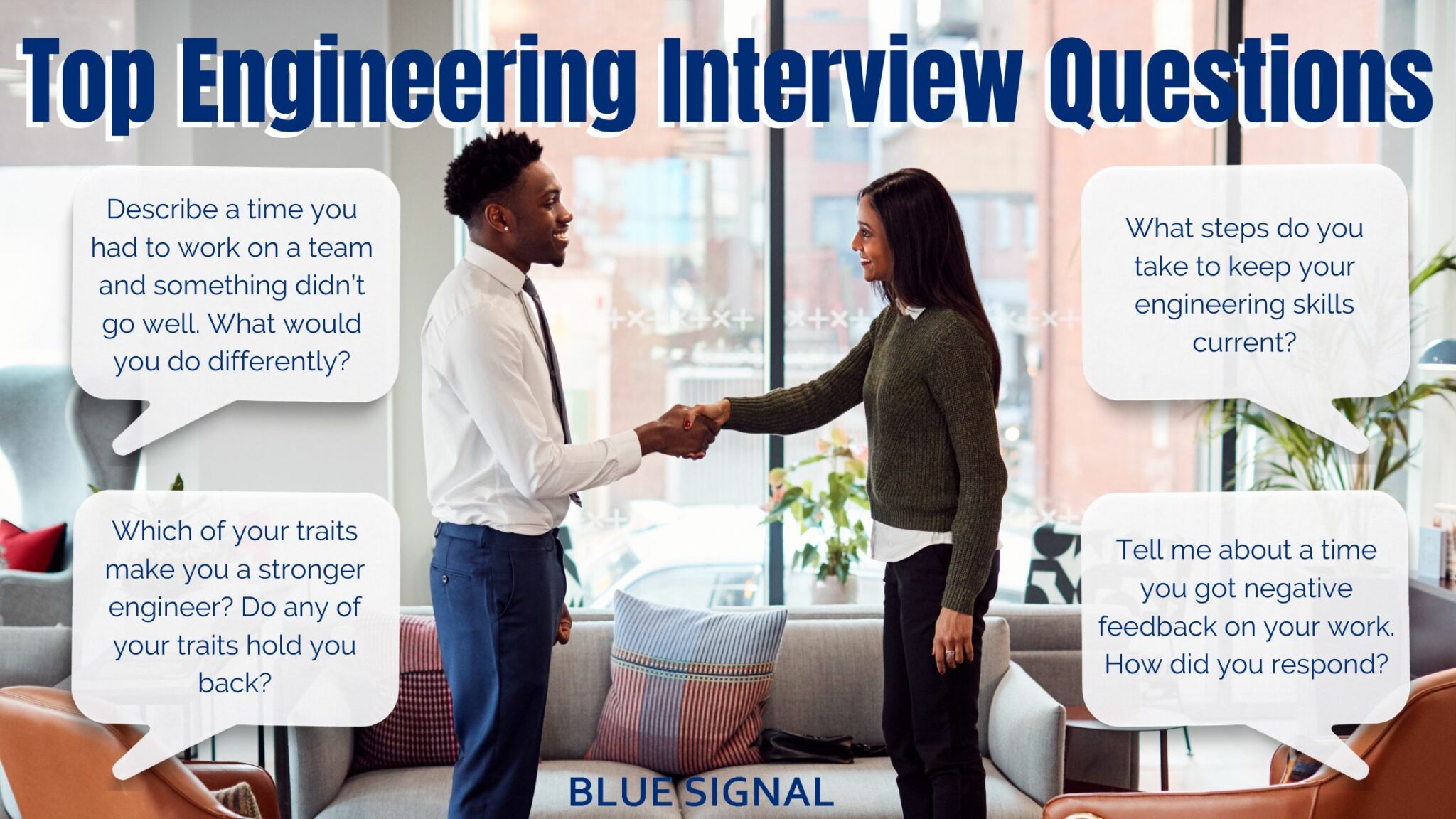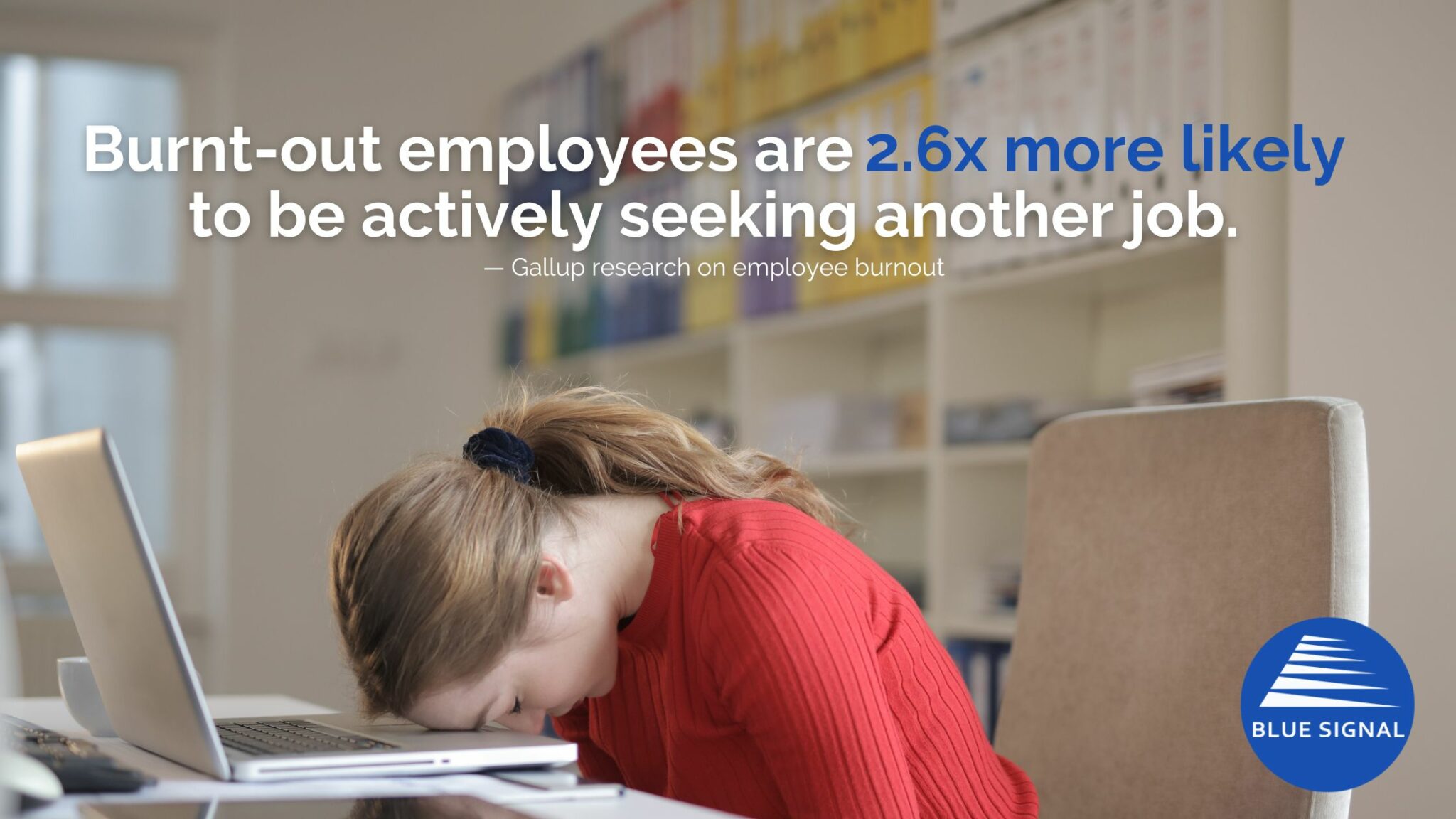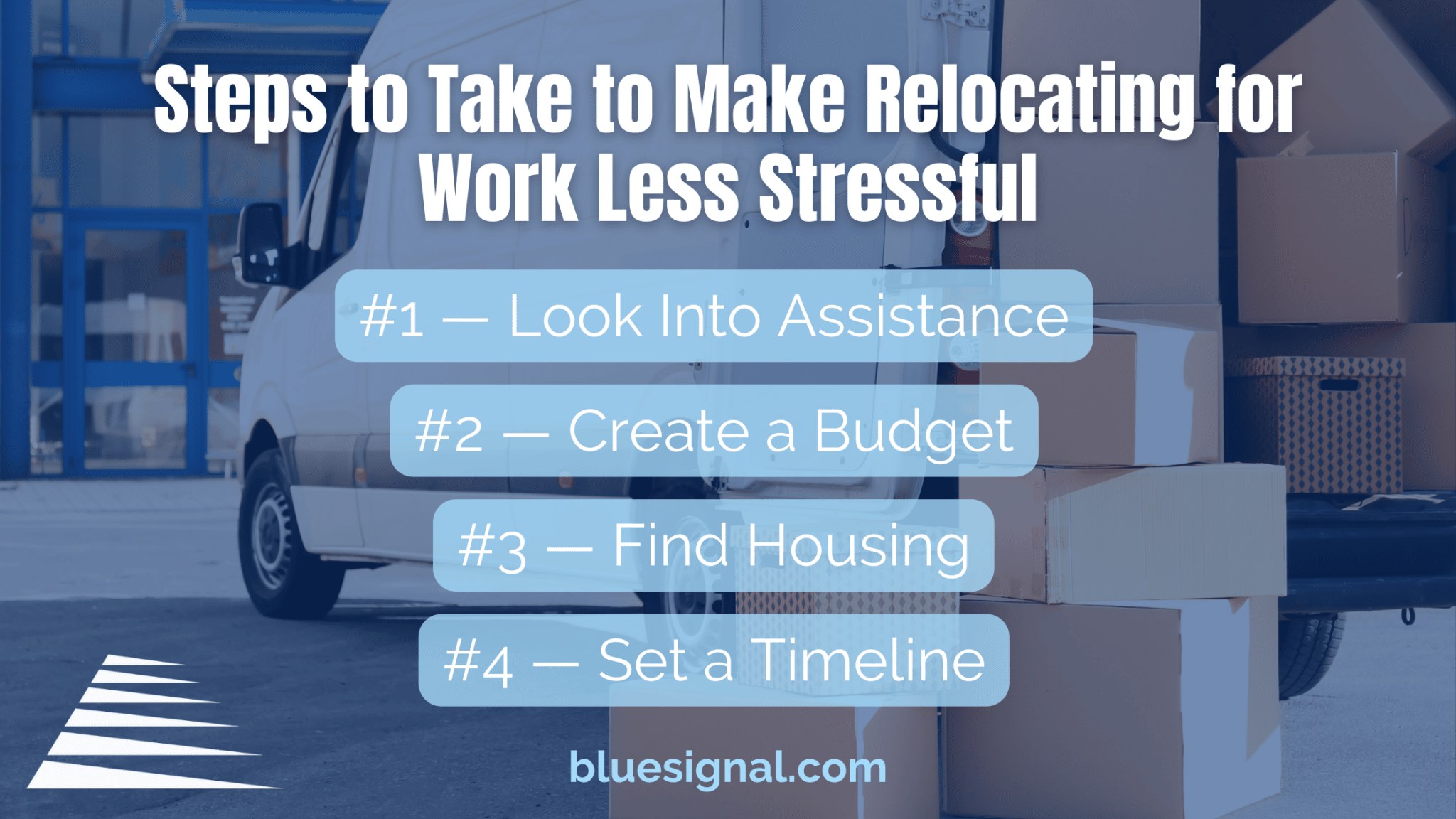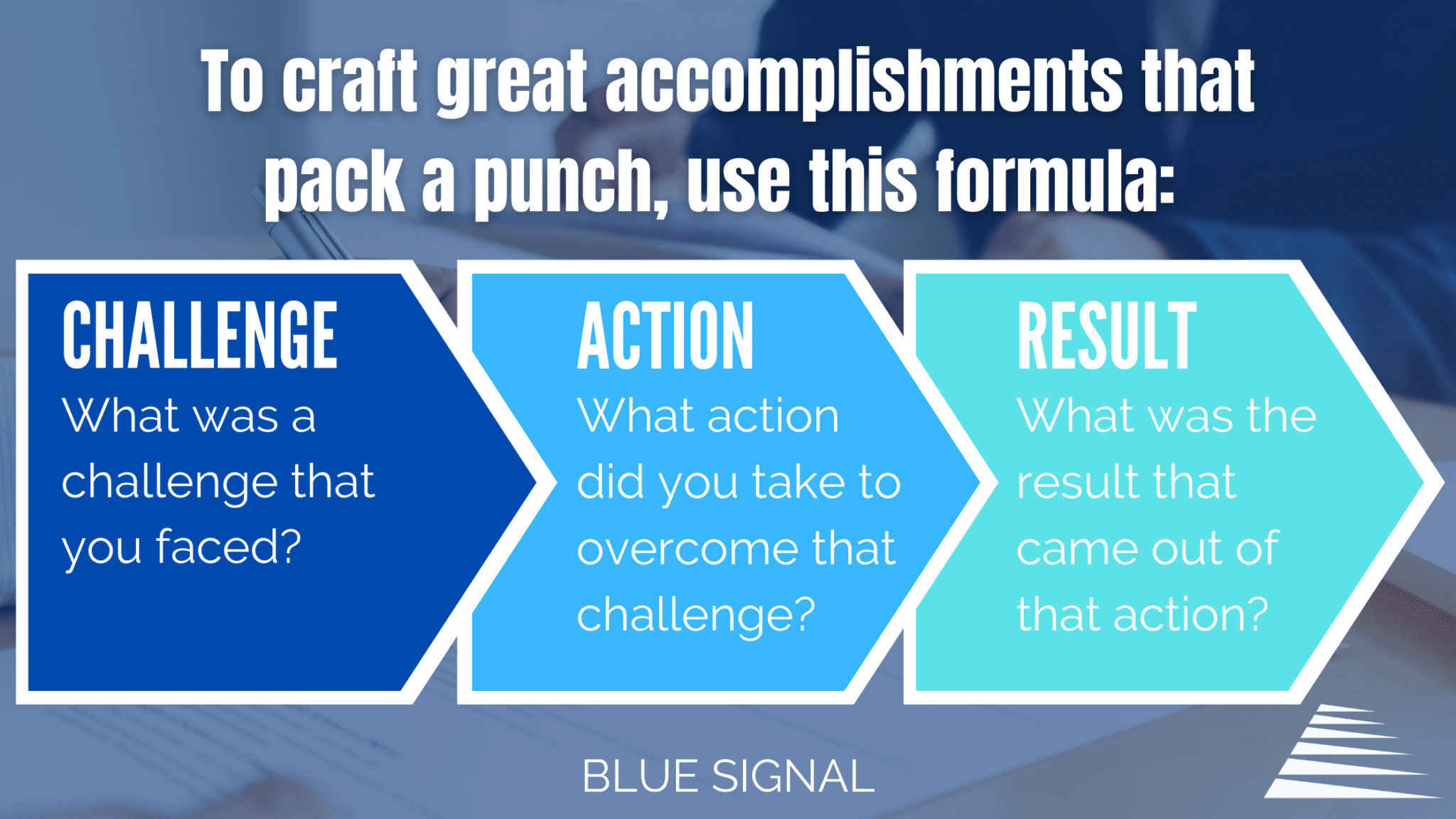Blue Signal is excited to announce our new series, Monday Market Share. Each month, the Monday Market Share will provide insights into a specific recruiting industry by interviewing one of our tenured recruiters. This month we are featuring lighting recruitment, featuring Sr. Recruiting Manager Melissa Coleman.
Melissa uses her expertise in lighting recruitment to answer the following questions:
- What are the top 3 positions in high demand in lighting recruitment?
- What are qualified candidates commonly looking for to make the next move in their career?
- If you could give one piece of lighting recruitment advice for hiring managers, what would it be?
Read on to hear her responses or click on the video below!
What are the top 3 positions in high demand in lighting recruitment?
“This year, we're seeing an uptick in sales roles in the lighting industry, much more than we did in the last few years. As we know, engineering has stayed in demand with more technology involved in lighting. We're certainly seeing more electrical engineering and software engineering roles. And then thirdly, we're seeing operations support roles continue to be in big demand, such as quotations and project management.”
What are qualified candidates commonly looking for to make the next move in their career?
“Money definitely has to be there. It's not necessarily the most important, but it has to be there, and we’ve certainly seen increases in salaries over the last few years. Second thing is work life balance – candidates want flexible work schedules, remote opportunities, and paid vacation.”
If you could give one piece of lighting recruitment advice for hiring managers, what would it be?
“Even though we hear a lot about a recession, the unemployment rate is at a 50-year low. Candidates have multiple offers to choose from and they need your help as the company, as the hiring manager, to see how your opportunity will make their life better. Within lighting, we're still in the war for talent. I commonly hear from candidates that they like where they are, but they think they should be making more. So they're open to hearing about opportunities and they want the opportunity to work remotely.”
In Conclusion
The lighting industry plays an intricate role in every market sector – from LEDs to Smart Lighting. As a result, the global lighting industry is projected to exceed $93.93 billion in 2023. With such expansive growth, it’s crucial to have a partner in lighting recruitment. For more insights into the lighting hiring market, reach out to Melissa Coleman. And stay tuned for our next Monday Market Share!
About Melissa Coleman
With 15 years of experience, Melissa has developed a second nature understanding of clients' hiring needs, particularly in the areas of lighting, manufacturing, engineering, supply chain, and sales in IoT and AI. Her unique ability to evaluate the chemistry and motivation of both parties enables her to make lasting placements that benefit everyone involved. In addition to her extensive experience, Melissa holds the CSAM designation (Certified Senior Account Manager), which is recognized worldwide as a mark of excellence in executive recruitment. CSAM holders are ranked consistently at the top of their profession, and Melissa is committed to pursuing continuous professional development to exceed both client and candidate expectations.
Partner with us for your next hire.
Set up a free consultation with a recruiting manager. Tell us about your hiring need.
By submitting this form, you consent to receive communications from Blue Signal, including phone calls, emails, and text messages.





